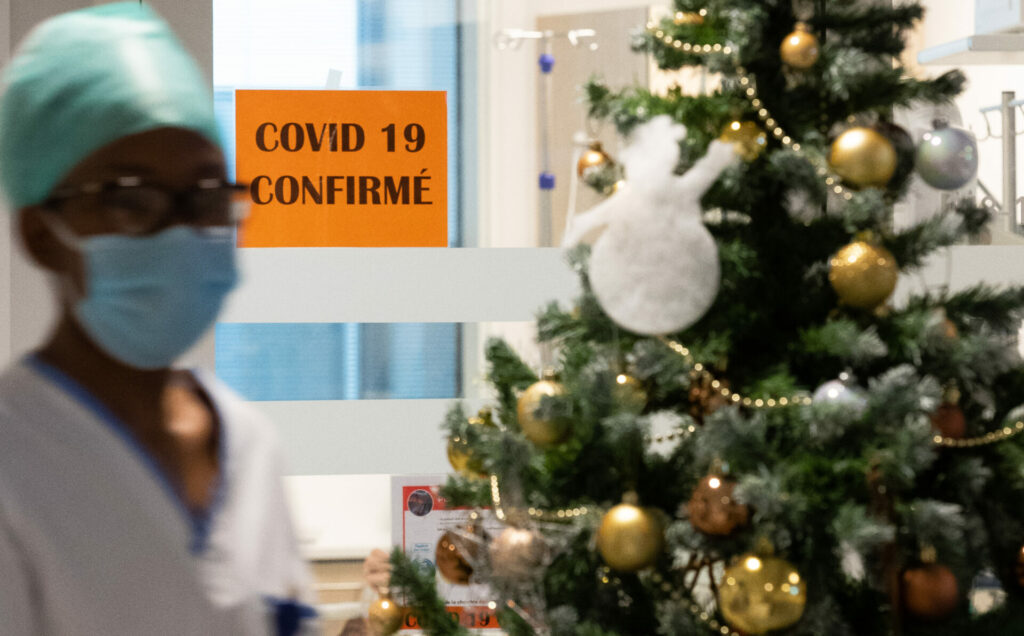With an "enormous" rise of Covid-19 cases in recent weeks, Belgium is currently experiencing its second-largest infection wave ever, according to tests on the country's sewage water conducted by the Rega Institute in Leuven.
Now that extensive testing is no longer taking place, the level of virus particles in the wastewater is just about the best indication of whether there is still a lot of infection or not – and the virus circulation is "enormous" at the moment, said Rega's lab manager Elke Wollants.
"There are a lot of infected samples. And I mean a lot," she told Het Nieuwsblad. "We are at the second-highest peak ever. Only in the tenth wave, in spring this year, were there more. There is a lot of virus in the sewage and we also examine a lot of samples in the lab from people who are really sick. Belgium is not alone in this: it is rising all over Europe. In fact, in the Netherlands, they are really at the highest peak ever."
While lots of people are coughing and feeling sick, the historically high Covid-19 levels are not overwhelming hospitals. "The pressure on the healthcare sector is under control," virologist Steven Van Gucht told Gazet van Antwerpen.
When looking at the infamous Covid-19 barometer, Belgium is currently in 'code yellow' – meaning that no additional measures are being taken. Should the country move to 'code orange' if infections continue to rise and hospitals come under pressure, there could be another requirement for face masks in hospitals. "But that is not on the cards for now," Van Gucht assured.
Still, he stressed the importance of protecting yourself against infection, even if very few people get seriously ill. "We still cannot do much about Long Covid. And every time you get infected, you run the risk of getting that."
Staying home for Christmas
The current rise in infections is caused by the JN.1 strain, a new subvariant that has been taking over for a few weeks. "It is a new subvariant, but the variant strain has been the same for more than a year: Omicron. So that changes very little," Van Ranst explains.
Most important is to prevent the virus from spreading further. "That means staying home when you are sick. Even if you are invited to a family Christmas party. Just don't do it. It's the same as with flu, you wouldn't cosy up at the same table with all your family."
Many people no longer get (very) sick from a Covid infection, but that does not mean the virus has become harmless, said Van Ranst. "The flu kills a few hundred to a few thousand people in Belgium every year. For Covid, you can assume a similar number."
Related News
- From 'disastrous' to 'resilient': Five major takeaways from Belgium's Covid-19 policy
- As the flu season gets underway, experts stress the need for vaccination
- Upsurge in Covid-19 cases has WHO worried
Still, no additional measures will be taken to reduce the number of infections, the Federal Health Department reported on Tuesday. As recently as late November, 'code yellow' was declared for respiratory infections across the country. On Thursday, experts from the Risk Assessment Group (RAG) will meet again to discuss possible new measures.
In the meantime, the Health authorities stress that it is essential to follow the well-known hygiene measures to prevent further spread. "Wash your hands regularly with soap and water, ventilate indoor spaces and stay at home if you are sick."
Vaccination against Covid-19 and influenza also remains recommended, especially for high-risk groups.

